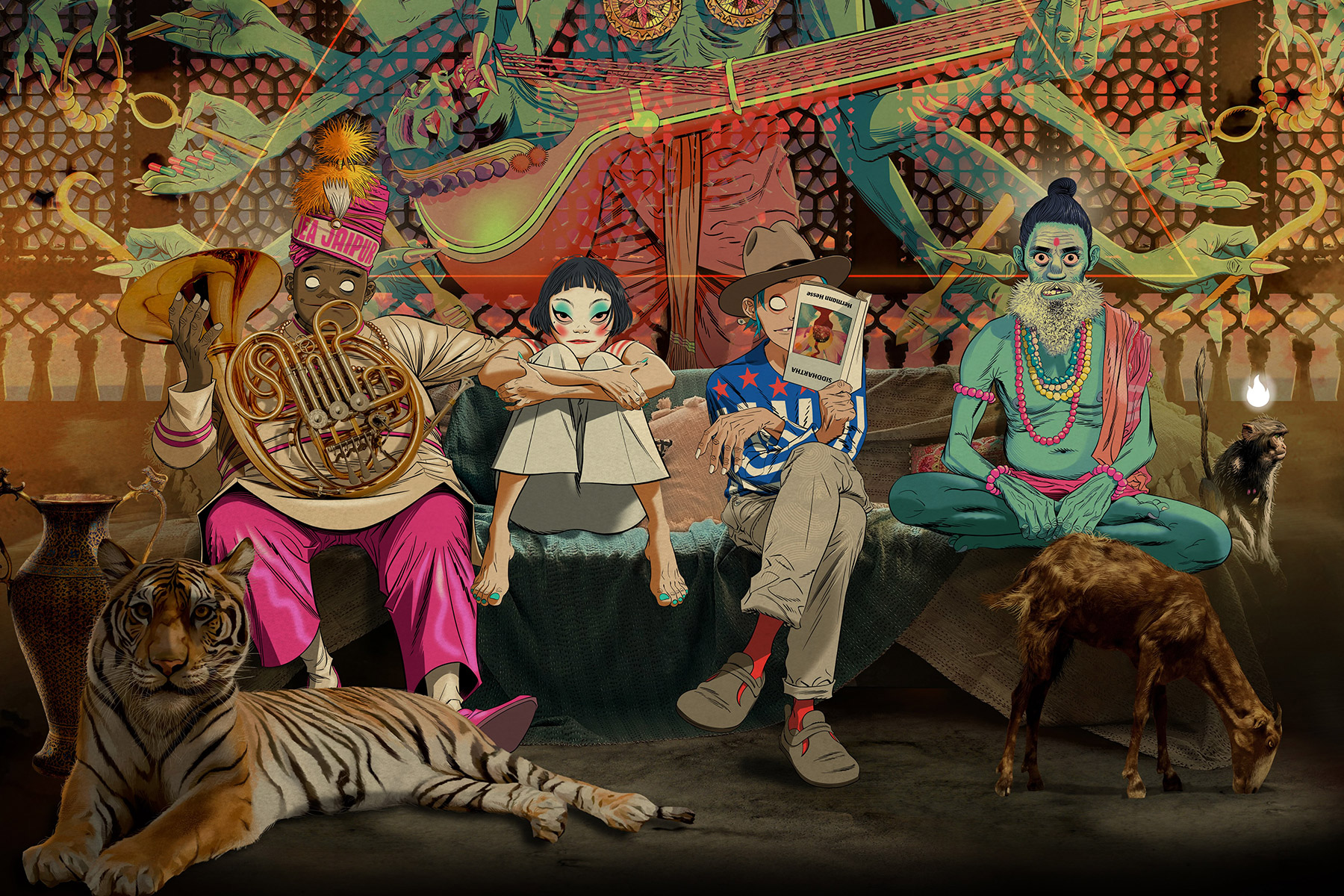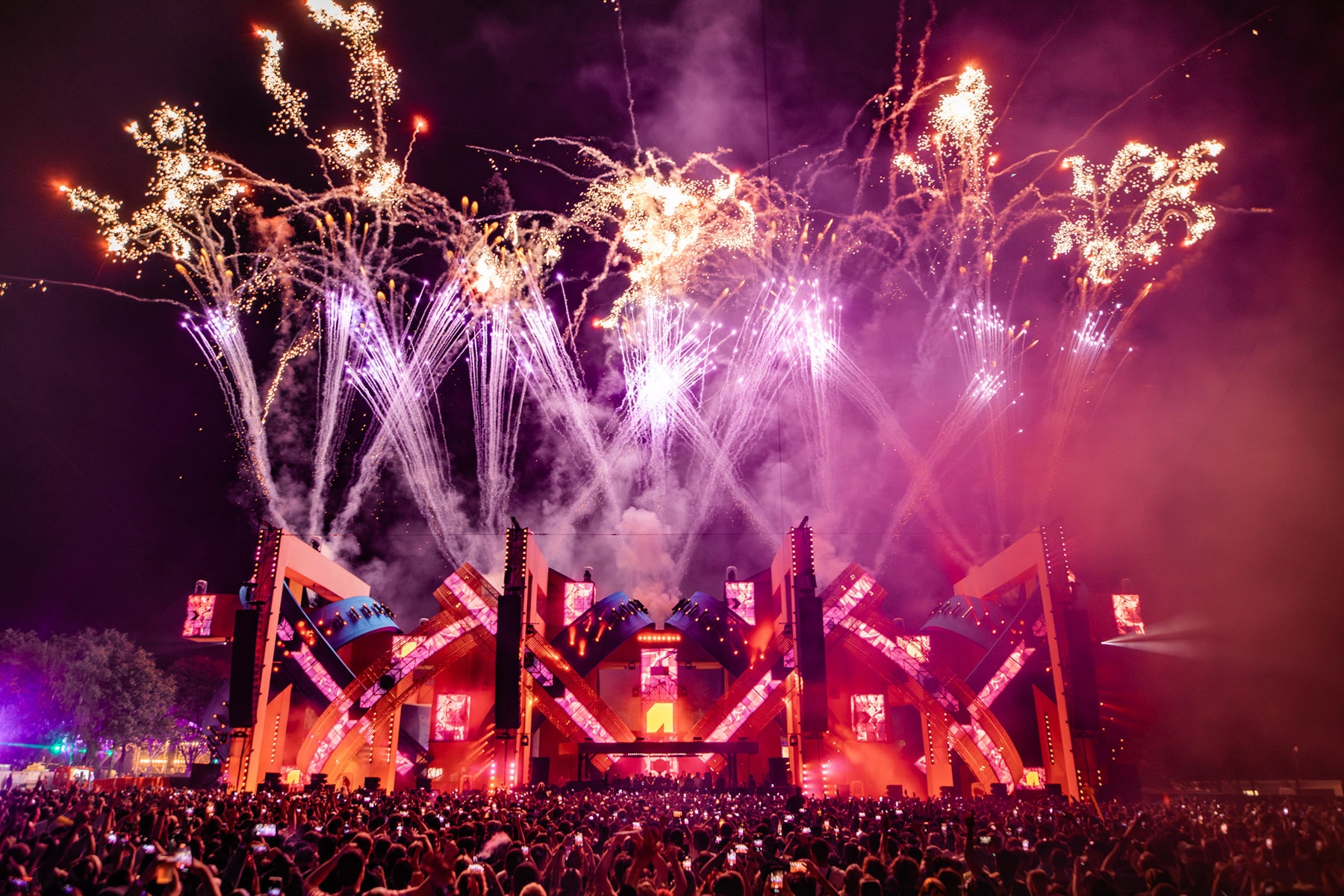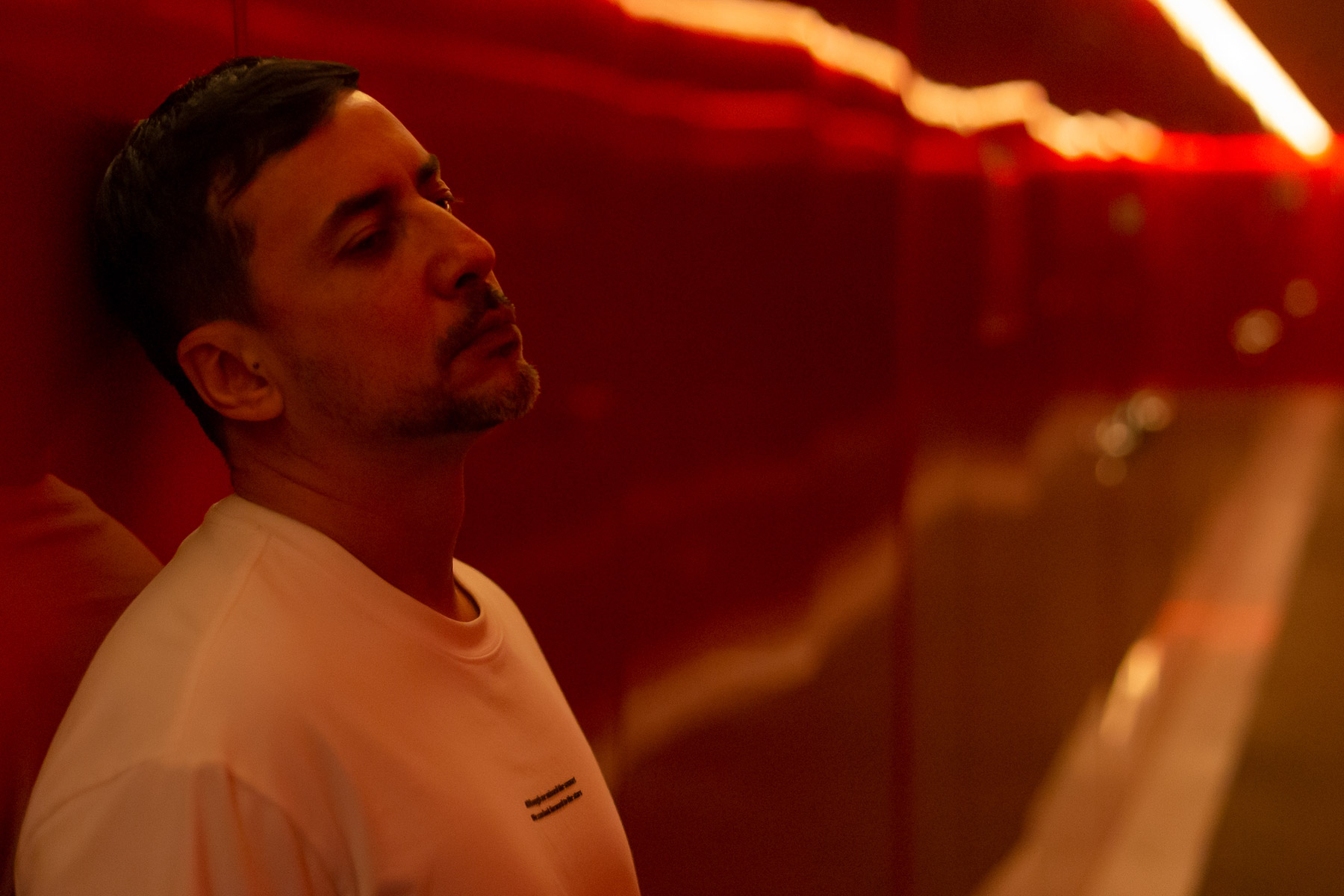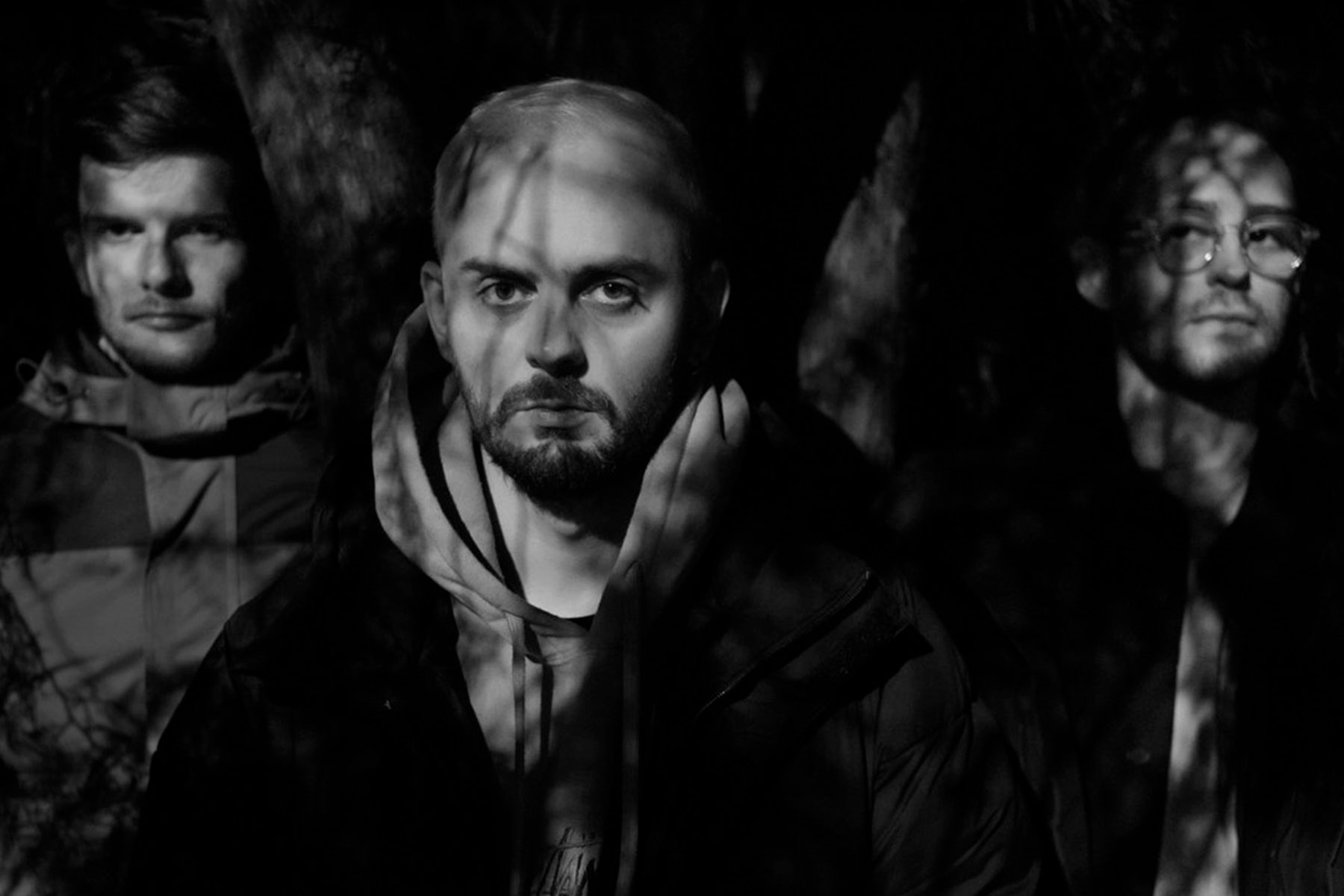“For now we see through a glass, darkly.”
Photo Credit: Adrian Swancar
The advent of social media has brought about a paradigm shift in the music industry, providing artists with a platform to connect with their audience in unprecedented ways. However, this transformation comes at a cost, raising important questions about the nature and purpose of music in our society.
While social media has undoubtedly given artists greater control over their image and brand, it can also lead to a distorted emphasis on the “package”, contorting the way in which we consume music. While the visual aspect has “always” been an intrinsical part of said process, there’s no doubt that the rise of social media has unbalanced the formula, relying even more so on the “aesthetics” of music. This raises the question: what is the true purpose of music? Is it simply a commodity to be marketed and sold, or is it something deeper, something that speaks to the very essence of our human condition?
Perhaps, then, the role of social media in the music industry should be viewed as a double-edged knife, sharp as fuck. On one side, it can be a powerful tool for artists to connect with their audience, shape the dynamic of that connection, and promote their music. On the other, it also contributes to a culture of superficiality, stupidity, and shameless self-promotion that detracts from the innate value of music as a means of emotional expression and connection as we force ourselves to constantly be present in some form or shape. When we put our image first, we step further and further away from what was supposed to be our “true” purpose as artists. Then again, maybe, we’re all just stuck in this game, searching for fortune and fame. Maybe, that’s the one thing we all adore.
Ultimately, the relationship between social media and the music industry is a complex one that requires careful consideration. While social media can be a valuable asset for artists, it is important to remember that the true value of music lies not in its commercial success, but in its ability to touch our souls and trigger emotions. By approaching social media with a mindful and thoughtful approach, and putting our art first, we can create a more authentic and meaningful connection between artists and their audience, and keep the true purpose of music alive in our digital age.











